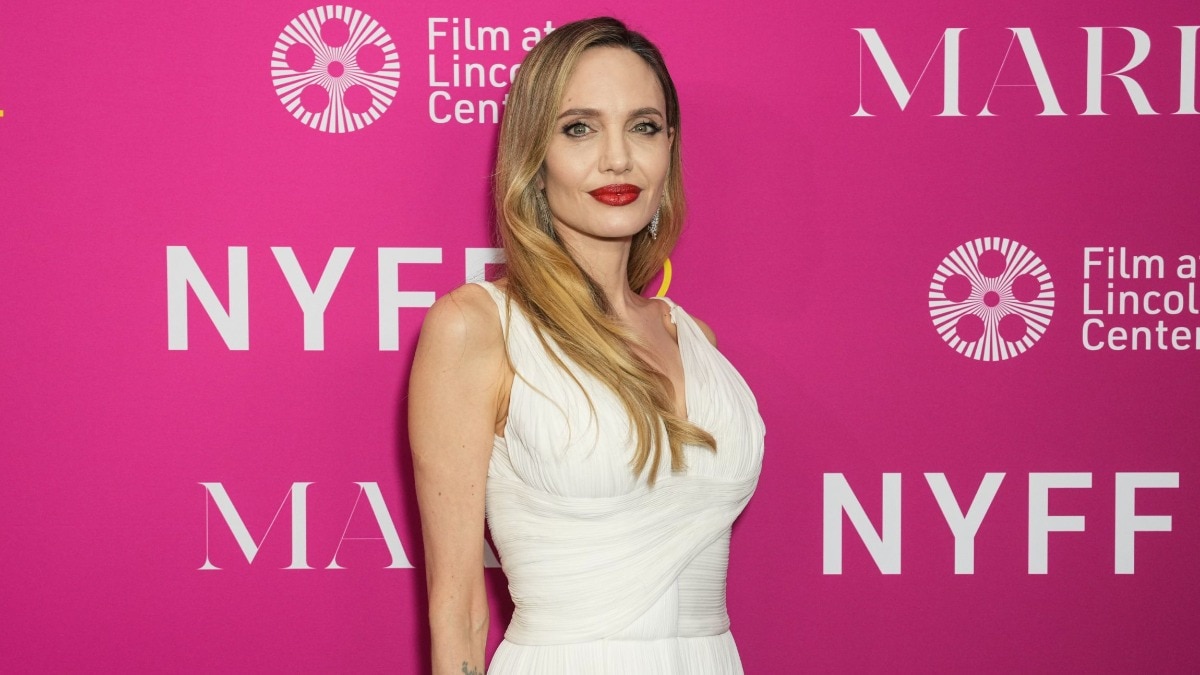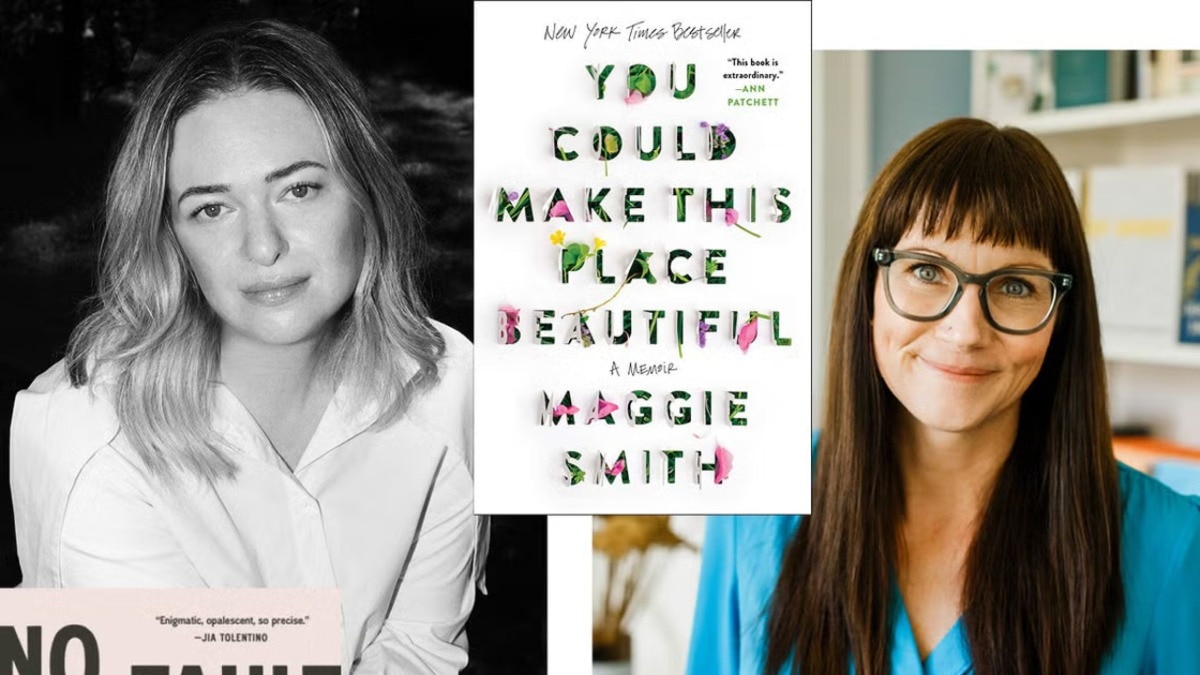
Navigating the key transformations in different decades of a woman’s life
Hot flashes, hormones, and heart health, here are the midlife transitions that every woman should know about.


Rani Singh Irani, played by actor Pooja Bhatt in Netflix series Bombay Begums (2021), is an ambitious woman. But in the midst of running a bank, she constantly finds relief by standing in front of an open refrigerator because of her hot flashes (commonly caused by changing hormone levels before, during, and after menopause). Irani handles the discomfort with subtlety and rarely makes a fuss about it. This made me think how we, the women, rarely talk about the many transitions that our bodies go through in almost every decade—particularly in our 30s, 40s, and 50s—and the pangs that accompany them.
We speak with four experts to understand these transitions and how can women navigate them better.
“Hormones have a high and diverse impact on how a woman’s body functions at different ages,” says nutritionist and food coach Anupama Menon. She explains that the female sex hormones—oestrogen—starts to decline with age and the balance of other hormones starts to progressively disrupt, especially progesterone and prolactin. “With this decline, the regulation of Vitamin K2, which is important for bone health, changes and reduces the absorption of calcium and other minerals, increasing the risk of fractures and osteoporosis. Oestrogen also regulates the metabolism of lipids in the liver and hence a decline can lead to an increase of poor cholesterol,” says Menon.
The risk of heart disease multiplies with the onset of menopause. “Through the 40s and 50s women experience a host of uncomfortable symptoms—from vaginal dryness, irregular periods, mood swings, bladder incontinence, weight gain, painful sex, lowered sex drive, insomnia, night sweats, and hot flashes,” Menon warns. Outlining some food options, she recommends including proteins and good fats in the diet along with complex carbohydrates and fruits. “Any food that your gut is sensitive to should be minimised. Seeds like chia, aliv, pumpkin, and flax, along with ghee, virgin coconut oil, green leafy veggies, eggs, fish, walnuts, and almonds are on top of the food pyramid. These can greatly help during the ageing process, along with the supplements recommended by your doctor.”

Oestrogen deficiency shows up in myriad ways. Thin, fragile skin, reduced elasticity, and poor wound healing are some of the symptoms. “Emerging treatments like salmon sperm facials, exosomes, and polyribonucleotide therapy, popularised by celebrities like Kim Kardashian, aim to reverse intrinsic ageing at the DNA level, marking a significant revolution in skincare,” Dr Geetika Srivastava, dermatologist and founder of Influennz Clinic, tells Bazaar India. She advises change in the overall lifestyle. “Use sunscreen with at least SPF 30-50, reapply every four hours as tanning can cause photoaging and increase the risk of skin cancer. Avoid unhealthy snacks and junk food.
Occasionally drink red wine (which contains resveratrol, an antioxidant), and include fermented foods like kimchi in your diet.”
The doctor informs that sleep wrinkles are real and we can reduce it by sleeping on our back. And smoking is not just bad for your lungs but also causes radical damage such as decreased blood flow to the skin. Srivastava says keeping the face in a relaxed position delays signs of ageing while regular exercise promotes overall health and skin vitality. Talking about skincare additions, she adds, “Use retinol after the age of 30. Hyaluronic acid is beneficial after 25. AHA/ BHA serums should be used twice a week after the age of 40, and a daily dose of ceramides and peptide-based moisturisers are also useful.”

Girls these days are hitting puberty early, sometimes even before they are 10 years old, and hence the average age for menopause has also changed, says Dr Tanushree Pandey Padgaonkar, gynaecologist. “Menopause, which used to start when a woman was anywhere between 48 and 52, has now come down to 42-43 years of age in India. During the menstrual cycle, what we call PMS (premenstrual syndrome), women feel bloated, mood swings, depression, and anxiety. All are similar to perimenopause and menopause, which are states of constantly experiencing these symptoms,” she explains.
So, what’s the solution, we ask. The gynaecologist recommends taking necessary supplements and overall care as non-negotiable. “CoQ10 is a miracle drug (antioxidant) that helps in ovarian health regeneration. It is extremely effective for patients experiencing early menopause and fights signs of ageing,” she elaborates. Padgaonkar reminds us that ageing is inevitable, but we “have to make it pleasurable and do whatever is necessary for that.”
It is imperative to understand that these body changes are not just physical but also psychological. “Many women in their 30s are focused on establishing their careers while possibly starting or raising a family. The pressure to excel in both areas can lead to stress and burnout,” explains Dr Shaurya Gahlawat, psychologist and psychotherapist. By the age of 40-50, navigating midlife transition and perimenopause become a challenge, as many women “experience a plateau in their career, leading them to question themselves about personal fulfilment and future goals”. Gahlawat says this is a good time for self-reflection and possibly pursuing new interests. As for those who are 50 and above, embracing menopause and redefining self can bring relief. However, the psychologist warns that new health concerns, like osteoporosis and heart disease, may get introduced at this age. In the midst of all this, self-care is the best answer here. “Women should carve out time for themselves, engage in hobbies, exercise, and ensure they have a support system. Mindful practices and seeking counselling can help manage stress,” Gahlawat insists.
Lead image credit: Getty Images
This article originally appeared in Harper's Bazaar India, August 2024, print edition.
Also read: How best to deal with perimenopause and menopause, according to a yoga practioner
Also read: What is perimenopause and how it can be dealt with










